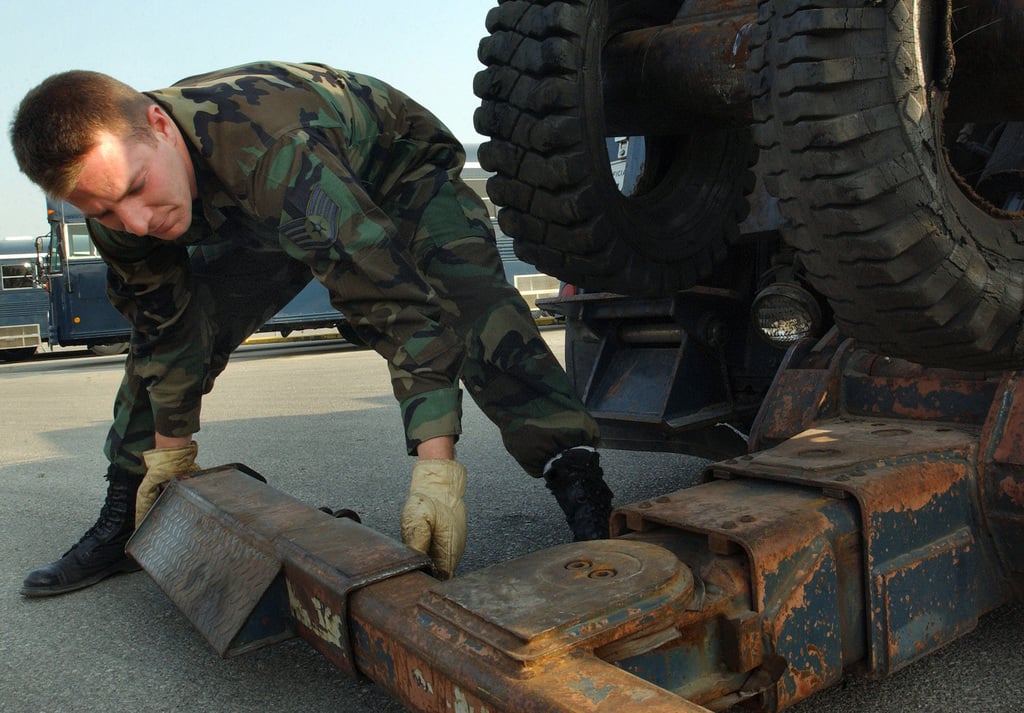Have you ever found yourself needing to move your car hundreds of miles away? Whether it’s for a job relocation, summer road trip, or transporting a classic car, the car shipping process can seem overwhelming. From my own experience shipping a vintage Mustang across the country, logistics degrees I’ve learned a lot that can help make the process smoother. Here’s everything you need to know to make informed decisions about shipping your car.
Understanding Your Car Shipping Options
Open vs. Enclosed Shipping: What’s the Difference?
When it comes to shipping your vehicle, there are two main options: open and enclosed shipping. Each has its pros and cons, so let’s break them down.
- Open Shipping: Think of this like a school bus for cars. Your vehicle is transported alongside others on a large open trailer, the kind you see on highways. This method is more affordable and widely used, making it a great option for most cars.
- Enclosed Shipping: This is the luxury option. Your car is placed inside a trailer, protected from weather and road debris. While this offers more security, it also comes with a higher price tag, making it ideal for classic or luxury vehicles.
Cost Comparison: Is Enclosed Shipping Worth It?
Deciding whether to choose enclosed shipping often depends on the value of your car. Here’s a simple guide to help you decide:
| Vehicle Type | Recommended Shipping Method | Average Cost |
|---|---|---|
| Standard Cars | Open Shipping | $600 – $800 |
| Luxury Cars | Enclosed Shipping | $1,000 – $2,000 |
| Classic Cars | Enclosed Shipping | $1,000 – $2,500 |
If your car is a standard model, open shipping should be sufficient. For high-value or collectible cars, the additional protection offered by enclosed shipping might be worth the extra cost.
Why Open Shipping Saves You Money Without Sacrificing Safety
While many people are hesitant about open shipping due to concerns about safety, it’s actually very reliable for most vehicles. Open trailers are specifically designed to protect your car from road hazards, and professional drivers are trained to handle various situations. You’ll also save a significant amount of money, which you can put towards other needs, like a new set of tires!
Real-Life Experiences: Should You Trust the Transport Trailer?
Seeing a car transport trailer on the highway might make you question its reliability. However, many real-life experiences prove that reputable companies maintain their trailers to the highest standards. Take Sarah’s story, for example:
Brokers vs. Carriers: Decoding the Terms in Car Shipping
Understanding the roles of brokers and carriers is key to avoiding confusion and unexpected costs during the car shipping process.
- Brokers act as middlemen, connecting you with carriers that meet your needs. They have a wide network of carriers and can streamline the process, especially if you’re unfamiliar with car shipping.
- Carriers are the actual companies or individuals responsible for transporting your vehicle. They handle loading, transporting, and delivering your car.
The distinction is important because brokers provide convenience, but pricing can fluctuate based on carrier availability. It’s always smart to compare quotes from several brokers and check reviews before making a final decision.
Factors That Influence Your Shipping Costs
Several factors can affect how much you’ll pay to ship your car. Here’s what to consider:
- Condition and Size of Your Vehicle: Larger or non-operational vehicles may cost more to ship due to the space they take up on a trailer or additional loading fees.
- Seasonal Pricing: Shipping costs can vary depending on the time of year. Summer is often the most expensive time due to high demand, while winter can be cheaper but may come with weather-related delays.
- Insurance: Check if your shipping quote includes insurance. If not, you may want to purchase extra coverage to protect your car during transport.
Finding a Trustworthy Car Shipping Company
When it comes to selecting a car shipping company, reputation and communication are key.
- Verifying Reviews and Ratings: Look for companies with verified reviews from sites like Trustpilot or the Better Business Bureau. Be cautious of companies with overly glowing reviews, as they may be fake.
- Insurance Coverage: Ensure that the company provides adequate insurance during transport. If anything happens to your car in transit, you want to be covered.
- Communication: Choose a company that offers regular updates and tracking options so you can monitor your car’s journey in real-time.
My Personal Experience
A few years ago, I needed to transport my car across the country, and the process felt overwhelming. I researched thoroughly, compared quotes, and chose a company with solid reviews and transparent communication. The result? My car arrived safely, and I was able to track its progress every step of the way. My efforts in research paid off, and I highly recommend taking the time to do the same.
Conclusion: Ready to Ship Your Car?
Shipping your car doesn’t have to be a stressful experience. By understanding your options, comparing quotes, and researching reputable companies, you can make the process much smoother. Here’s a quick recap:
- Open vs. Enclosed Shipping: Open shipping is cost-effective, but enclosed shipping provides extra protection for valuable cars.
- Brokers vs. Carriers: Know the difference to avoid unexpected costs.
- Research is Vital: Reviews, quotes, and insurance coverage are essential to ensuring your car arrives safely and on time.
